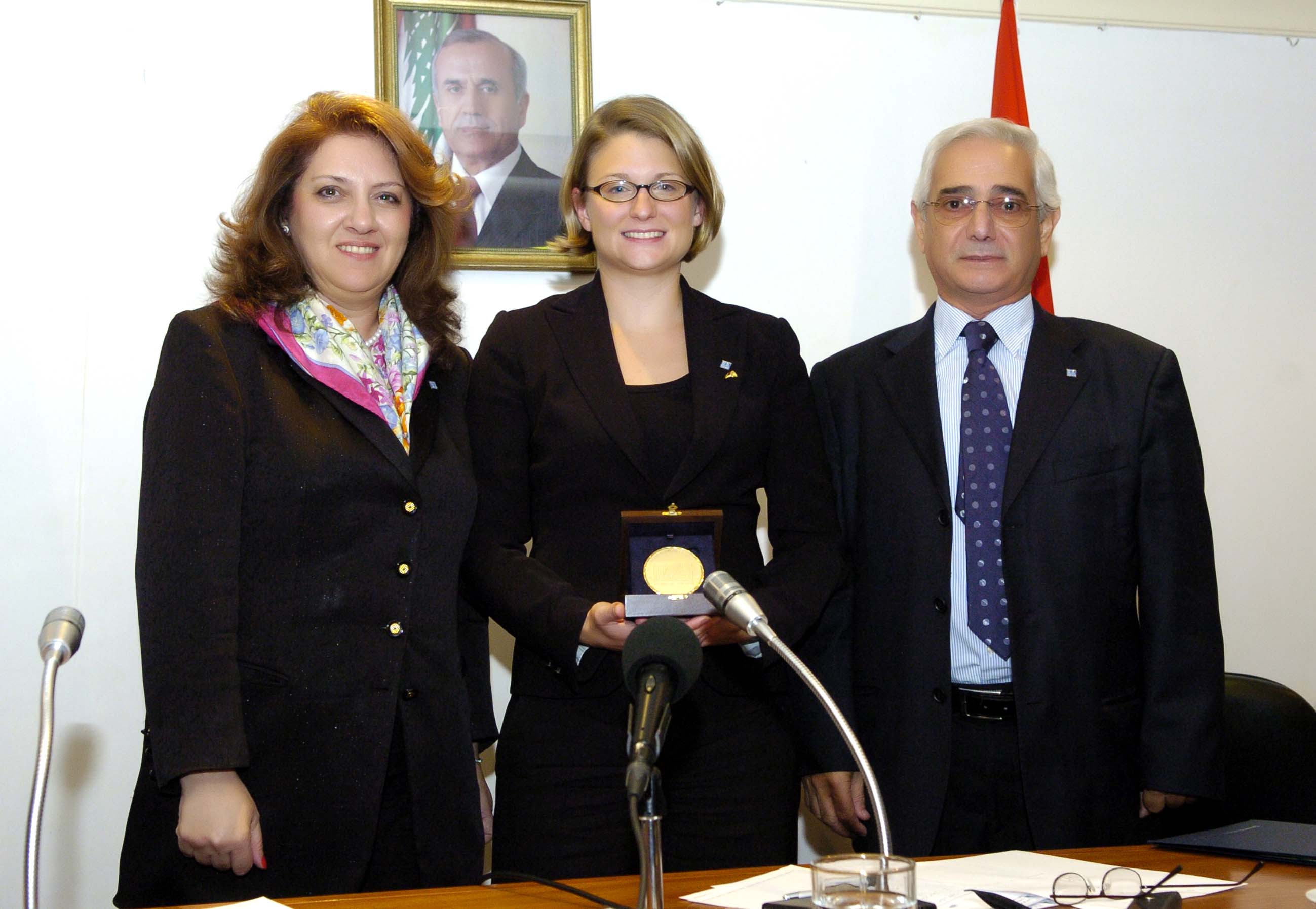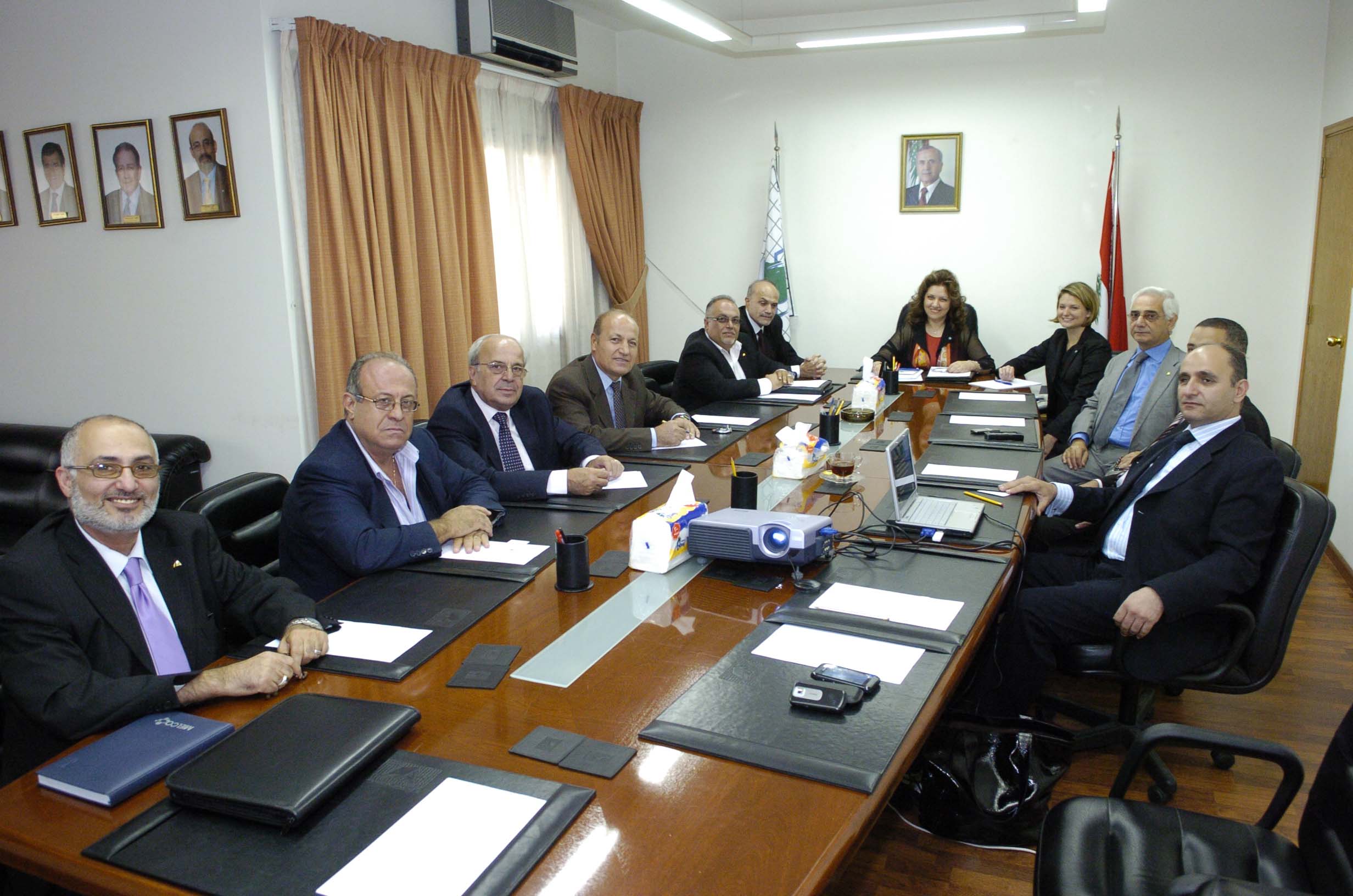In a letter submitted this week, the International Federation of Accountants (IFAC), the global organization for the accountancy profession with members and associates in 125 countries, urged the G-20 leaders at their November 3-4, 2011 meeting in Cannes, France, to focus on three long-term initiatives aimed at promoting global economic stability and greater fiscal sustainability: 1) public sector financial reporting and management reforms; 2) global regulatory convergence; and 3) development of integrated reporting.
Address Public Sector Debt Problems: Encourage Review of Institutional Changes in Public Sector Financial Management and Adoption of Accrual-Based Accounting
In order to address the sovereign debt crisis, IFAC recommends that the G-20 commission the Financial Stability Board (FSB) to consider the institutional changes that are needed in public sector financial management to protect investors in government bonds, as well as the public. Further, the G-20 should actively encourage the adoption of accrual-based accounting and budgeting by governments and public sector institutions, which will promote greater transparency and accountability in public sector finances and allow for monitoring of government debt and liabilities for their true economic implications. IFAC also encourages the adoption and implementation of International Public Sector Accounting Standards (IPSASs).
“It is increasingly apparent to the general public that this is an urgent issue. The sovereign debt crisis engulfing the European Union and the government debt issues affecting the United States and potentially other countries around the world are cause for major concern,” said IFAC Chief Executive Officer Ian Ball. “The crisis highlights that fiscal management is clearly deficient in many countries, with inadequate constraints or incentives for governments to protect the public interest and investors. This failure of fiscal management is widespread and has economic consequences that will far exceed the impact of corporate reporting failures, such as Enron, WorldCom, Parmalat, and Lehman Brothers.”
Maintain Momentum for Regulatory Convergence, including Adoption and Implementation of International Standards
IFAC recommends that the G-20 strengthen its resolve for adoption and implementation of common global standards for financial reporting, auditing, and auditor independence, including International Financial Reporting Standards (IFRS), International Standards on Auditing (ISAs), and the auditor independence requirements set out in the Code of Ethics for Professional Accountants. These standards will enable the consistent interpretation of financial information around the world, which in turn will facilitate cross-border activity, promote economic and financial stability, and strengthen transparency and accountability in the capital markets. IFAC also urges the implementation of the recommendations contained in the recently submitted Private Sector Taskforce of Regulated Professions and Industries Report. In addition, IFAC encourages internationally consistent, robust regulation of credit ratings agencies.
The Needs of the Future: Support Integrated Reporting
IFAC calls on the G-20 to formally signal its support for the work of the International Integrated Reporting Committee (IIRC), a collaboration of leaders from the corporate, investment, accounting, securities, regulatory, academic, and standard-setting sectors, as well as civil society. The IIRC is currently developing an integrated reporting framework, which aims to bring together financial, social, and governance information in a clear, consistent, and comparable format. Integrated reporting links the strategy, governance, and financial performance of an organization with the social, environmental, and economic contexts in which it operates. As a result, the framework will help entities make more sustainable decisions and enable investors and other stakeholders to better understand an organization’s true performance. Integrated reporting will help governments and private sector entities better understand the longer-term impacts of financial and operating decisions on all areas of society.
“The global financial crisis showed us clearly that a focus on short-term risks and rewards can encourage behaviors that lead to disastrous outcomes,” said IFAC President Göran Tidström. “The accountancy profession’s involvement in the IIRC and the future of integrated reporting represent our efforts to mitigate the current financial crisis, avoid future crises, and contribute to a more sustainable, global economy.”
In conclusion, Mr. Tidström stated, “Problems that began as isolated issues have led to the global financial crisis—proving just how interconnected our world has become. We all have a stake in the solutions, and those solutions require a coordinated international approach. Global leaders should resist unilateral policy reform initiatives which potentially undermine the cause of convergence. Instead, we have an opportunity to enhance coordination and consultation with all stakeholders and work collectively to support global economic stability.”
The letter to the G-20 with the full recommendations is posted on the here.
About IFAC
IFAC is the global organization for the accountancy profession dedicated to serving the public interest by strengthening the profession and contributing to the development of strong international economies. IFAC is comprised of 164 members and associates in 125 countries and jurisdictions, representing approximately 2.5 million accountants in public practice, education, government service, industry, and commerce.
# # #
International Federation of Accountants Calls for Institutional Change in Public Sector Financial Management, Adoption and Implementation of Global Standards, Support for Integrated Reporting



